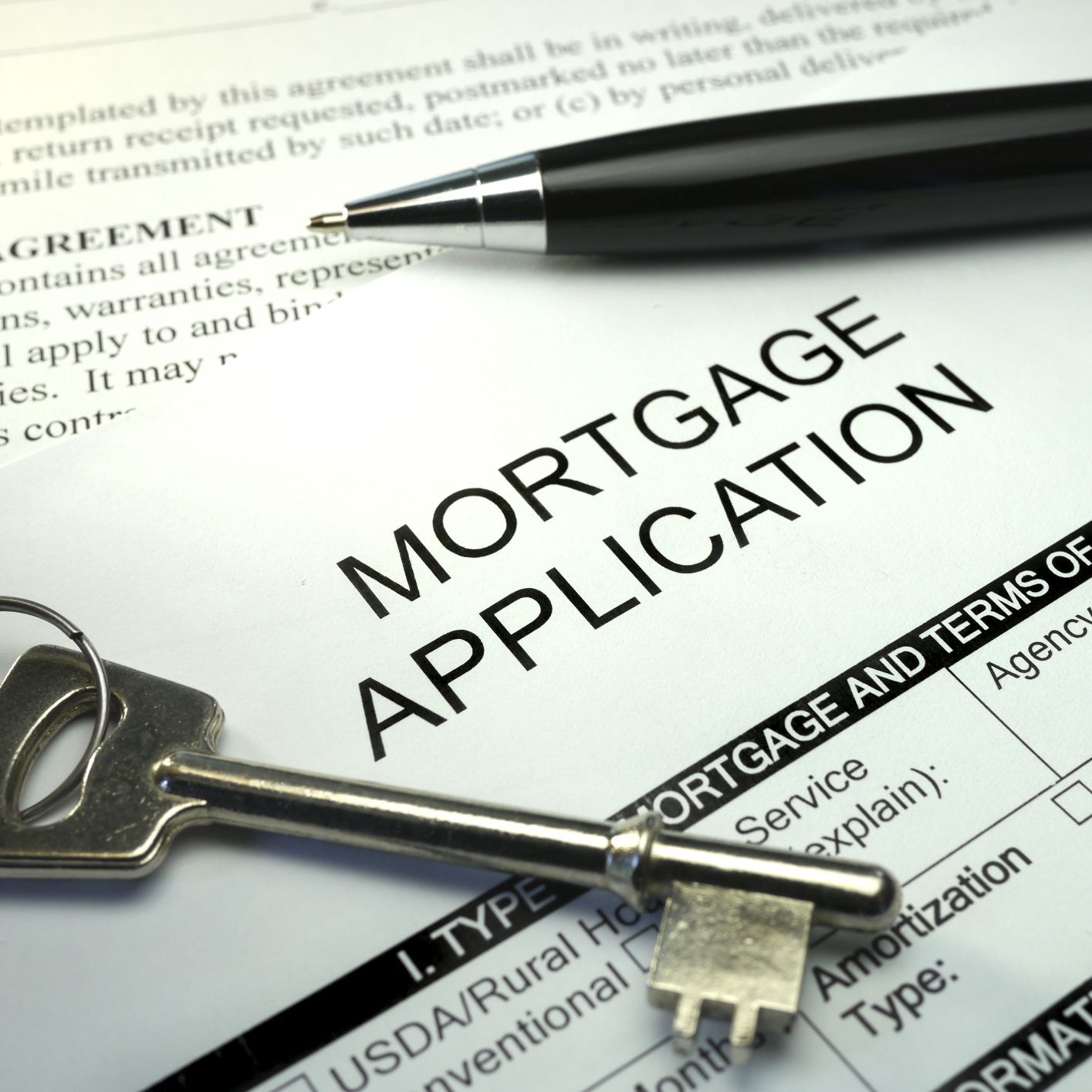
The Mortgage Bankers Association (MBA) released its report on mortgage applications Wednesday morning, noting a week-over-week decrease of 7.3% in the group’s seasonally adjusted composite index for the week ending September 16. The prior week’s results include an adjustment for the Labor Day holiday. Mortgage loan rates rose on all five types of loans this past week.
On an unadjusted basis, the composite index increased by 15% week over week. The seasonally adjusted purchase index decreased by 7% compared with the week ended September 9. The unadjusted purchase index increased by 15% for the week and is now 3% higher year over year.
The MBA’s refinance index decreased by 8% week over week, and the percentage of all new applications that were seeking refinancing inched higher, from 62.9% to 63.1%.
Adjustable rate mortgage loans accounted for 4.4% of all applications, down from 4.6% in the previous week.
The Federal Open Market Committee (FOMC) decision on interest rates is due out later Wednesday. According to Mortgage News Daily, whatever the Federal Reserve announces will give the mortgage market the shivers:
Hike or no hike, the Fed’s statement, press conference, and updated economic projections can all cause significant volatility for longer-term rates like mortgages. Floating is risky here. Even though today’s rates are closer to the highest levels of the past 2 months, they’re still historically close to all-time lows. The average lender continues quoting 3.5% on top tier 30yr fixed scenarios.
According to the MBA, last week’s average mortgage loan rate for a conforming 30-year fixed-rate mortgage increased from 3.67% to 3.70%, the highest level since June. The rate for a jumbo 30-year fixed-rate mortgage rose from 3.64% to 3.69%. The average interest rate for a 15-year fixed-rate mortgage increased from 2.97% to 2.99%.
The contract interest rate for a 5/1 adjustable rate mortgage loan rose from 2.87% to 2.96%. Rates on a 30-year FHA-backed fixed-rate loan increased from 3.50% to 3.56%.
Take This Retirement Quiz To Get Matched With An Advisor Now (Sponsored)
Are you ready for retirement? Planning for retirement can be overwhelming, that’s why it could be a good idea to speak to a fiduciary financial advisor about your goals today.
Start by taking this retirement quiz right here from SmartAsset that will match you with up to 3 financial advisors that serve your area and beyond in 5 minutes. Smart Asset is now matching over 50,000 people a month.
Click here now to get started.
Thank you for reading! Have some feedback for us?
Contact the 24/7 Wall St. editorial team.



